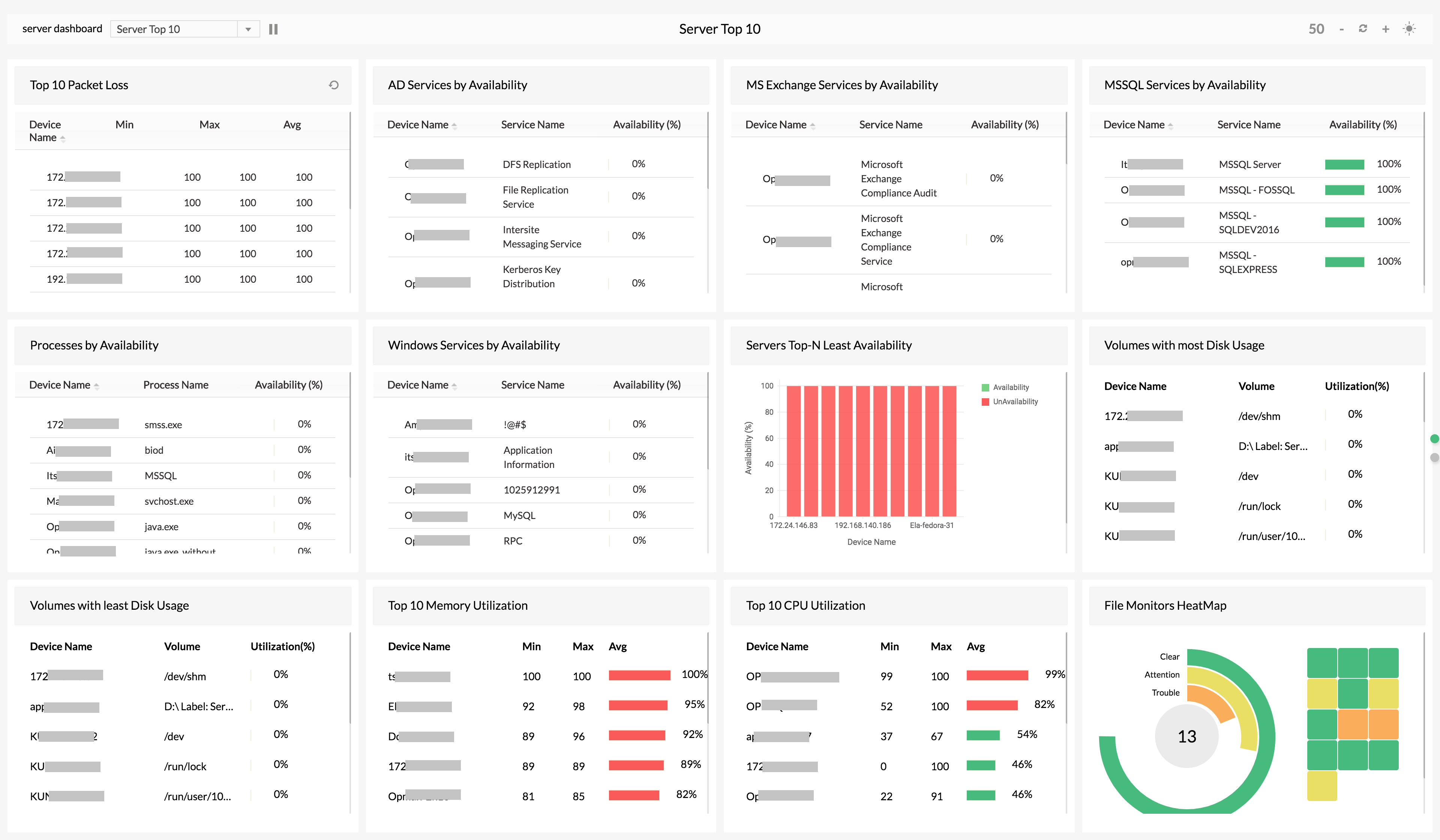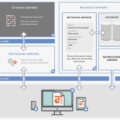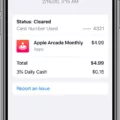Data privacy is of the utmost importance in today’s digital world. With the surge of data breaches and privacy concerns, organizations are taking greater action to protect their sensitive information by hiring a Data Protection Officer (DPO). A DPO is responsible for ensuring compliance with data protection regulations and overseeing the organization’s policies and procedures related to data security.
As such, they have become an increasingly important part of many organizations’ leadership teams. But what does all this mean for a DPO’s salary? In the United States, annual salaries range from $33,500 to $162,000 depending on experience and location. The average salary for a Data Protection Officer in the U.S. is $86,309 as of January 26, 2023. However, salaries can be as high as $162,000 depending on experience and location.
For those looking to break into this field but may not have the necessary experience or qualifications yet, there are a number of ways to improve your chances of landing a great job with a good salary. Having specialized knowledge in areas such as cybersecurity or regulatory compliance can be helpful in demonstrating your commitment to protecting data privacy and security. Additionally, having certifications such as Certified Information Privacy Professional (CIPP) or Certified Information Systems Security Professional (CISSP) can also boost your appeal to potential employers who are looking for someone with expertise in data privacy best practices.
It’s also important for employers to understand that hiring a DPO isn’t just about finding someone with technical skills; it’s about finding someone who understands how important it is to protect customer information and how crucial it is that all employees understand their own roles and responsibilities when it comes to protecting data privacy. Hiring a qualified DPO who has the right combination of technical expertise and interpersonal skills can help organizations better protect customer data while maintaining trust from customers and stakeholders alike.
Ultimately, becoming a Data Protection Officer is an excellent way for professionals interested in this field to make an impact on their organization while earning competitive salaries at the same time. With all the responsibility that comes with this role, however, it shouldn’t be taken lightly – so make sure you do your research before applying!

Requirements for Becoming a Data Protection Officer
A Data Protection Officer (DPO) is a professional responsible for ensuring that organizations comply with all applicable data protection laws and regulations. In order to be an effective DPO, the individual must possess strong technical expertise in data protection, as well as excellent communication and organizational skills.
The DPO should be independent of the organization, meaning that they are not involved in any decision-making processes that could potentially affect their judgment or impartiality. The DPO must also have adequate resources to complete their tasks effectively and report directly to the highest management level in the organization.
In addition, a DPO must have an in-depth understanding of data protection law and best practices, as well as be up-to-date with any changes or developments in this area. They will be required to provide guidance on data protection compliance for staff members, as well as investigate any potential breaches of data security or privacy policies within the organization.
An effective Data Protection Officer should also be able to build relationships with external organizations such as regulators or other bodies involved in data protection compliance. In some cases, several organizations may appoint a single DPO between them.
The Role of a Data Protection Officer
A Data Protection Officer (DPO) is an individual responsible for overseeing an organization’s compliance with data protection laws and regulations. The DPO is responsible for developing, implementing, and monitoring the organization’s policies, procedures, and controls to ensure that it complies with data protection rules. The DPO must have expert knowledge of data protection laws and principles and be able to provide advice on these topics to other members of the organization.
The DPO’s duties include but are not limited to: monitoring the processing of personal data; conducting data protection impact assessments; making sure that appropriate technical and organizational measures are in place to protect personal data; providing training and guidance to staff; responding to requests from individuals about their data; ensuring that any third-party service providers are compliant with applicable laws; and reporting any potential breaches of data protection law.
The role of the DPO is important as it helps organizations comply with their obligations under data protection law, while also providing assurance to individuals that their personal data is being handled appropriately.
Average Salary of a Data Protection Officer in the US
A Data Protection Officer in the U.S. can expect to earn an annual salary between $33,500 and $162,000. The average annual salary is $86,309 and salaries can range significantly depending on the experience and qualifications of the individual as well as location and industry.
Starting a Career in Data Protection
Starting a career in data protection requires knowledge of the laws and regulations that govern data privacy, as well as demonstrated expertise in areas such as IT security and compliance. First, it is important to obtain an undergraduate degree in a field relevant to data protection, such as law, business, or computer science. Alternatively, you can demonstrate your knowledge and expertise through certifications or other relevant qualifications.
Next, you should consider gaining experience by pursuing internships or entry-level positions with companies that handle sensitive data. This will give you the opportunity to learn first-hand how privacy laws are implemented and enforced in organizations. Additionally, you should keep up with the changing landscape of data protection by reading industry news articles, attending online seminars and conferences, and connecting with experts in the field. Finally, be sure to stay informed about new technology developments that may affect privacy regulations and policies. With dedication and hard work, you can build a successful career in data protection!
Cost and Duration of Data Protection Officer Certification
The certification of a Data Protection Officer (DPO) is an important step in ensuring compliance with data protection laws. It involves a comprehensive assessment of the applicant’s knowledge and understanding of data protection regulations, as well as their ability to implement and manage data protection measures.
The certification process typically takes 4 weeks and consists of an online course offered by UPOU that covers the fundamentals of data protection and GDPR. During this course, participants will be assessed on their ability to understand and apply data protection principles, such as understanding consent requirements, knowing how to respond to personal data requests, being able to identify risk areas related to personal data processing, and other topics.
At the end of the course, participants will take a final exam which must be successfully passed in order for them to earn DPO certification. Upon successful completion of the exam, participants will receive a DPO Certification issued by UPOU.
Key Responsibilities of a Data Protection Officer
1. Monitoring Compliance with the GDPR: The Data Protection Officer (DPO) is responsible for monitoring the compliance of the organization with GDPR requirements. This includes ensuring that all data processing activities comply with the GDPR and that any changes or updates to existing systems are compliant. The DPO should also be aware of any new regulations or developments in data protection law at a national or European level.
2. Data Protection Impact Assessment (DPIA): A DPIA is a process used to assess and mitigate potential risks associated with data processing activities. The DPO must conduct a DPIA when new systems are being implemented, or when changes are made to existing systems. They will need to identify any potential risks posed by the processing activities and recommend measures to reduce these where possible.
3. Cooperating with the Supervisory Authority: The DPO is responsible for cooperating with the national supervisory authority and responding to requests from them in a timely manner. This includes providing information about data processing activities and taking appropriate measures if any problems are identified as part of an investigation by the supervisory authority.
4. Risk-Based Approach: The DPO should ensure that all data processing operations within their organization adhere to a risk-based approach, meaning that they identify and evaluate risks associated with each activity before taking action on them. Where possible, risks should be minimized through adequate technical and organizational measures in order to protect personal data from unauthorized access or misuse.
5. Record Keeping: As part of their role, the DPO must maintain records of all data processing activities within their organization in order to ensure compliance with GDPR requirements, such as detailed information on what types of personal data are collected and how it is used, stored and shared by the organization.
Conclusion
In conclusion, the salary of a Data Protection Officer (DPO) in the United States can vary significantly depending on experience and location. The average annual salary for a DPO is around $86,309, with salaries ranging from $33,500 to $162,000. Data Privacy Managers tend to earn an average of $125,100 per year, with salaries ranging from $108,500 to $142,600. It is important to note that these salaries are subject to change depending on the industry and region.








